Question And Answer
Publications
Articles, publications, books, tools and multimedia features from the U.S. Institute of Peace provide the latest news, analysis, research findings, practitioner guides and reports, all related to the conflict zones and issues that are at the center of the Institute’s work to prevent and reduce violent conflict.
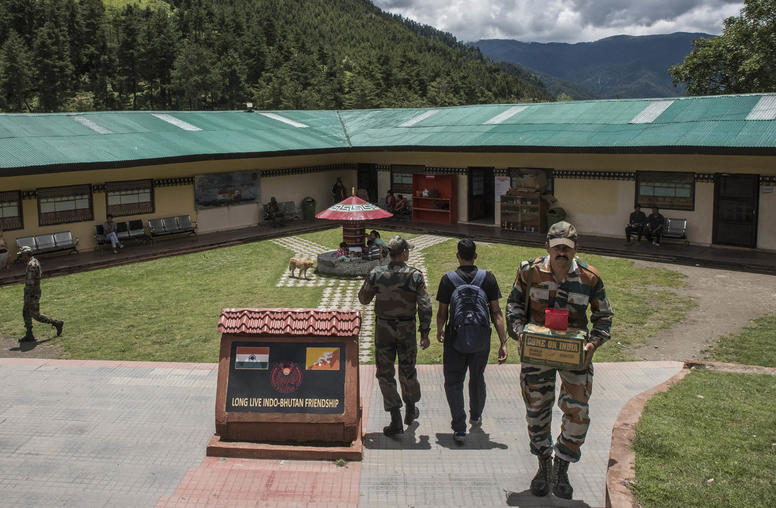
What’s Driving India-China Tensions?
Since deadly clashes between India and China on their 2,100-mile disputed border — known as the Line of Actual Control (LAC) — nearly four years ago, the two countries have remained in a standoff and amassed an increasing number of troops on either side of the LAC. While India and China have held regular exchanges at the corps commander level since 2020, each side has also continued to militarize and invest in infrastructure in the high-altitude border regions, which may exacerbate risks of clashes or escalation. India-China competition has also deepened beyond the land border, particularly in the Indian Ocean region.

Are China and the Philippines on a Collision Course?
Tensions between China and the Philippines have sharply escalated in recent months over territorial disputes in the South China Sea that could draw in the United States.
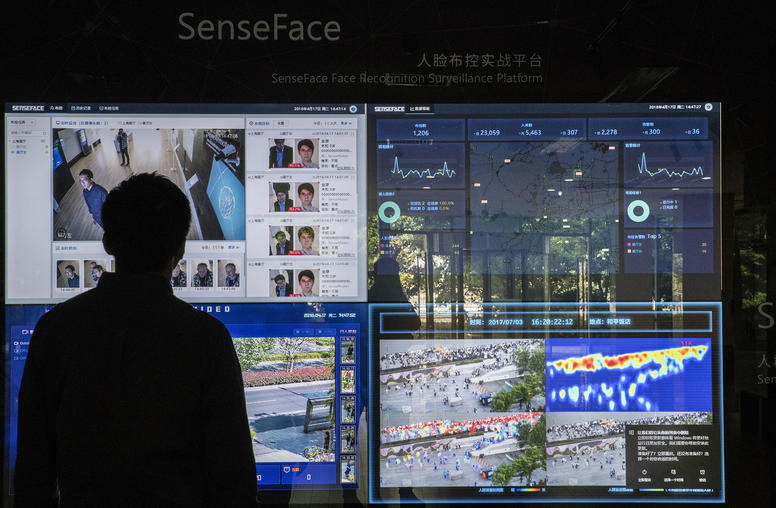
How China Seeks to Dominate the Information Age
A combination of U.S.-China rivalry and China’s national security goals is driving Beijing to take a more assertive approach to the governance of international common spaces — from outer space to cyberspace. China’s leaders believe the world has transitioned from the Industrial Age to the Information Age. Consequently, Beijing sees the ability to generate, move, analyze and exploit information more rapidly and more accurately as the new currency of international power.

Rising Tensions between China and the Philippines in the South China Sea
For the past several months, China has been steadily increasing its pressure on the Philippines in the disputed waters of the South China Sea. In particular, China has actively interfered with the small Philippine garrison posted to Second Thomas Shoal. A vigorous U.S. response is required to deter further Chinese escalation.
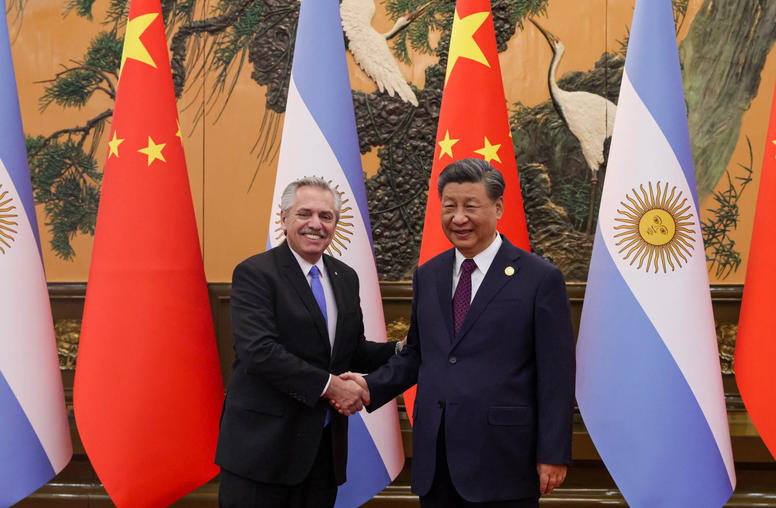
U.S. Needs to Invest More in Latin America to Counteract China in the Region
Amid ongoing U.S.-China competition, Summers’ observation encapsulates one of the key reasons for China’s success across the Global South — particularly in Latin America and the Caribbean. China delivers when it comes to building infrastructure, whether it’s airports and sports stadiums or 5G networks courtesy of Huawei and ZTE.

Dean Cheng on China-Philippines Confrontations in the South China Sea
Tensions between China and the Philippines over control of Second Thomas Shoal have become the focal point of China’s increasingly aggressive efforts to assert dominance over the South China Sea, says USIP’s Dean Cheng: “Essentially what [China] is saying is that huge swath of ocean … is somehow Chinese waters.”
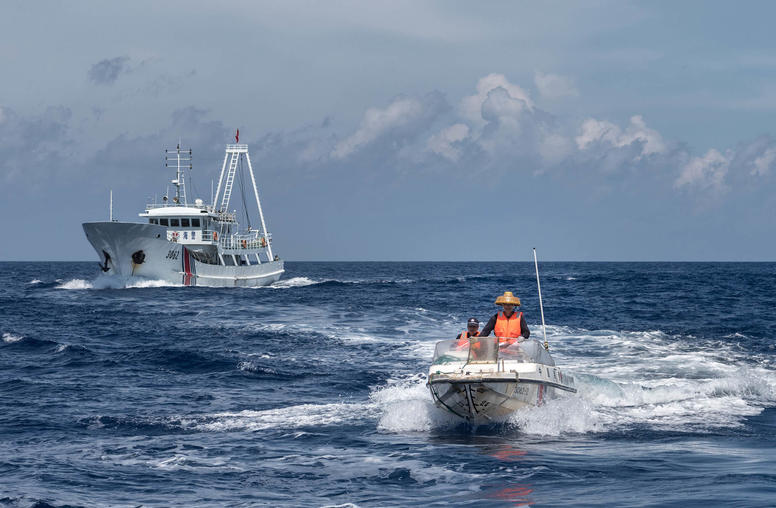
How Should the U.S. Respond to China’s Brazen Pursuit of Spratly Islands Claim?
In recent weeks, the People’s Republic of China (PRC) has dispatched ships and other maritime forces to the disputed Spratly islands near the Philippines. The goal has been to coerce the Philippines into withdrawing from the contested Second Thomas Shoal, effectively ceding it to the PRC. China’s actions are in defiance of the international Permanent Court of Arbitration’s findings that undermine PRC claims to the Spratlys. They therefore constitute a serious challenge to the international rules governing maritime conduct, as well as to broader peace and stability in the South China Sea, through which enormous amounts of global trade flow.
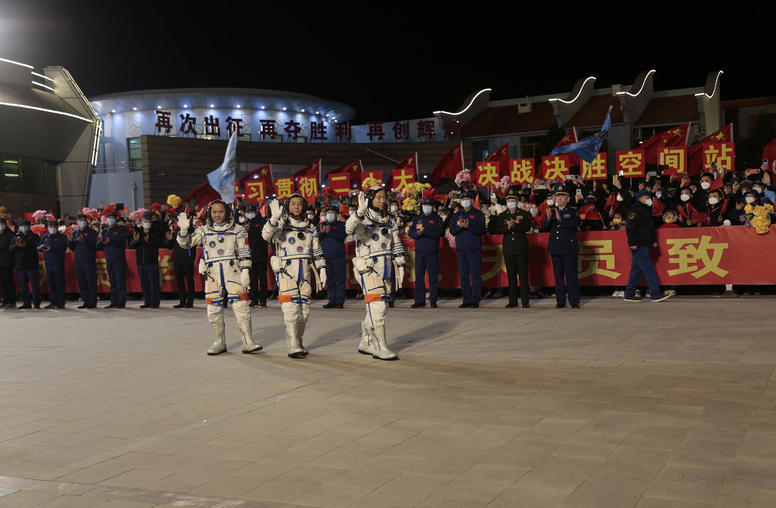
China and Space: The Next Frontier of Lawfare
The People’s Republic of China (PRC) is one of the most thoughtful practitioners of legal warfare or “lawfare.” For PRC planners, especially those in the People’s Liberation Army (PLA), legal warfare is an integral part of the larger effort of “political warfare.” Indeed, legal warfare is embedded in the Chinese conception of political warfare.
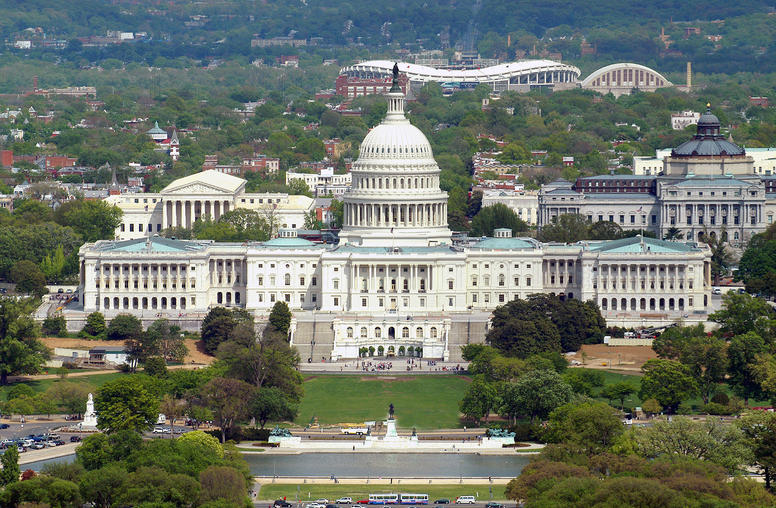
Examining Ongoing Cybersecurity Threats within the Department of the Interior and the Nexus to State Sponsored Cyber Actors
Dean Cheng, senior advisor of the China Program at the U.S. Institute of Peace, testified on June 7, 2023, before the U.S. House Committee on Natural Resources, Subcommittee on Oversight and Investigations' hearing on "Examining Ongoing Cybersecurity Threats within the Department of the Interior and the Nexus to State Sponsored Cyber Actors."

Dean Cheng on U.S.-China Tensions Over Taiwan
With both U.S.-China and Taiwan-China relations at low points, the United States needs to maintain unity among its multilateral partnerships, says USIP’s Dean Cheng: “China loves to play bilateral games … because 1.3 billion people in the second largest economy gives them a lot of power and influence.”